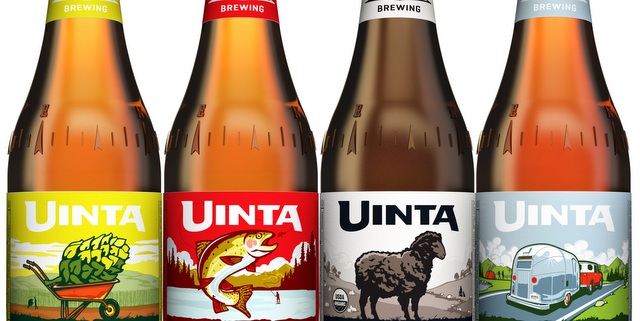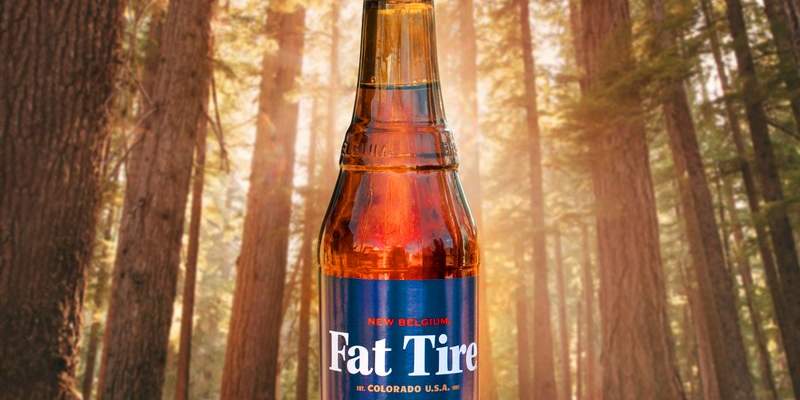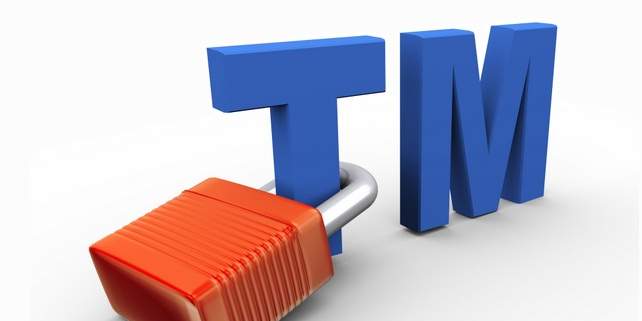
“Forties at 4” was a time-honored Friday tradition among my engineering classmates in college. After our last class, several of them would purchase Miller (if we could find it in a 40 ounce) or Old English or some other malt liquor that provided the most bang for the buck. Cracking one open always signaled the beginning of the weekend.
With the growing number of brewery acquisitions, not to mention the recently approved merger of the two largest brewing companies in the world (known to some as Beer Voltron), many breweries may be thinking about the beginning of their weekend — an exit strategy.
An acquisition of a brewery can provide significant marketing, production and sales resources otherwise unavailable to the brewer. An acquisition can expand a brewery’s brand availability and market share. It can free the founders up to return back to whatever brought them to start that home brewery in the basement without worrying as much about the day-to-day operations. I often hear from brewers that they love what they do, but “it’s starting to feel like work, and I didn’t anticipate feeling like that.”
2015 saw 19 acquisitions of craft breweries worth $13 billion, and there’s no doubt that number will be even higher at the end of 2016. When valuing craft breweries for acquisition, besides their balance sheets, there is a clear emphasis on the strength of the brand and making sure the brewery’s intellectual property is in order. Every brewery has essentially the same equipment, the same assets and the same costs; it’s the brand and the quality of the beer that can push it ahead of similarly positioned breweries to attract an acquirer.
When it comes to most breweries’ intellectual property, there are Four T’s that breweries, or any craft beverage manufacturer for that matter, should be thinking about to best position themselves for a strong valuation in an acquisition when the time is right.
Clear trademarks
Have you conducted a proper clearance search of your brewery name, your flagship brews and any specialty brew names? Before releasing any new beer, search at least the U.S. Trademark Office Records, the internet and beer resources such as Untappd or BeerAdvocate to see whether the mark is available.
Trademark registrations
You’ll registration for at least your brewery name and your flagship brews. Have you filed federal trademark applications to protect your brands nationwide, even if your sales territory has been more limited? Are you enforcing the scope of your trademark rights in your brands to continue to keep your rights broad?
Trade dress
Maybe it’s a consistent theme in your product packaging or the unique way you serve a flight of beer in your taproom. Distinctive trade dress can complement a creative set of trademarks, and can be protectable itself.
And, most importantly, taste
“Quality” has been a strong focus of brewer’s guild and Brewer’s Association presentations over the past few years. Consistently brewing high-quality beer is important for your brand. Are you taking the necessary and appropriate precautions to ensure that your beer recipes remain trade secrets? Have you made sure in any employment agreement with a brewer that the brewery owns the recipes? Are you investing in the proper equipment and necessary training for your staff to ensure high-quality beer production?
Some breweries decide to forego the expense of properly protecting their brand initially, making it potentially less attractive for an acquirer and without as big of a payoff when they may be ready to make this transition.
Martha Engel is a patent and trademark attorney at Winthrop & Weinstine in Minneapolis. Engel focuses an extensive part of her practice on trademark and other intellectual property issues affecting craft breweries, wineries, and distilleries. She is part of a craft beverage team at Winthrop & Weinstine that helps breweries with financing, corporate issues, employment issues and regulatory issues impacting these businesses. Engel received her Bachelor of Science in Mechanical Engineering from Marquette University in Milwaukee and her Juris Doctor from William Mitchell College of Law in St. Paul.





2015 saw 19 acquisitions of craft breweries worth $13 billion, and there’s no doubt that number will be even… https://t.co/4S0AIFw4rY
RT @WinthropMPLS: Are you considering your IP before selling your brewery? Great article @Martha_Engel https://t.co/HCoWYRxop0 via @craftbr…
RT @WinthropMPLS: Are you considering your IP before selling your brewery? Great article @Martha_Engel https://t.co/HCoWYRxop0 via @craftbr…
Are you considering your IP before selling your brewery? Great article @Martha_Engel https://t.co/HCoWYRxop0 via @craftbrewingbiz
RT @CraftBrewingBiz: Four Ts at Four: What a brewery needs to know about its IP before considering a sale. @WinthropMPLS https://t.co/gU3KN…
RT @CraftBrewingBiz: Four Ts at Four: What a brewery needs to know about its IP before considering a sale. @WinthropMPLS https://t.co/gU3KN…
RT @CraftBrewingBiz: Four Ts at Four: What a brewery needs to know about its IP before considering a sale. @WinthropMPLS https://t.co/gU3KN…
Lee David liked this on Facebook.
Takehiko Nakahara liked this on Facebook.
Enda Cleary liked this on Facebook.
Four T’s at Four: What a brewery needs to know about its IP before considering a sale https://t.co/3npwNM8SpG via @craftbrewingbiz
RT @CraftBrewingBiz: Four T’s at Four: What breweries need to know about their IP before selling. @WinthropMPLS https://t.co/HmhtynzkAO